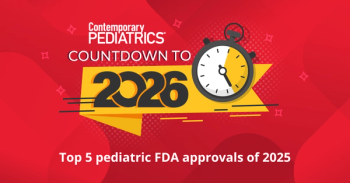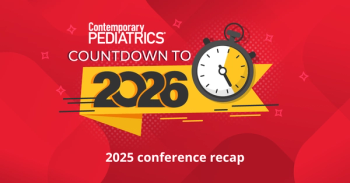
Narrow versus broad antibiotics for pneumonia
Although little difference exists in outcomes between broad-spectrum and narrow-spectrum antibiotics for children hospitalized with community-acquired pneumonia (CAP), narrow-spectrum agents are associated with a shorter hospital stay, according to a recent study, and, not incidentally, help to minimize the problem of antibiotic resistance.
Although little difference exists in outcomes between broad-spectrum and narrow-spectrum antibiotics for children hospitalized with community-acquired pneumonia (CAP), narrow-spectrum agents are associated with a shorter hospital stay, according to a recent
Researchers from the University of Missouri in Kansas City and colleagues conducted a retrospective cohort study involving children aged between 2 months and 18 years to determine if narrowly focused agents, such as ampicillin or penicillin, are as effective as the “big guns,” such as ceftriaxone or cefotaxime.
Of 492 children hospitalized with CAP, 52% were treated with a narrow-spectrum antibiotic agent and 48% were treated with a broad-spectrum agent.
The investigators found that those treated with the narrow-spectrum antibiotic spent an average of 10 fewer hours in the hospital than those who received a broad-spectrum antibiotic. No other significant differences existed between the 2 groups, including in duration of supplemental oxygen, duration of fever, or in 7-day hospital readmission. They also found no differences in average daily standardized hospital cost or in average daily standardized pharmacy cost.
The researchers concluded that they support national consensus recommendations regarding the use of narrow-spectrum antibiotics in children hospitalized with CAP.
To get weekly clinical advice for today's pediatrician,
Newsletter
Access practical, evidence-based guidance to support better care for our youngest patients. Join our email list for the latest clinical updates.








